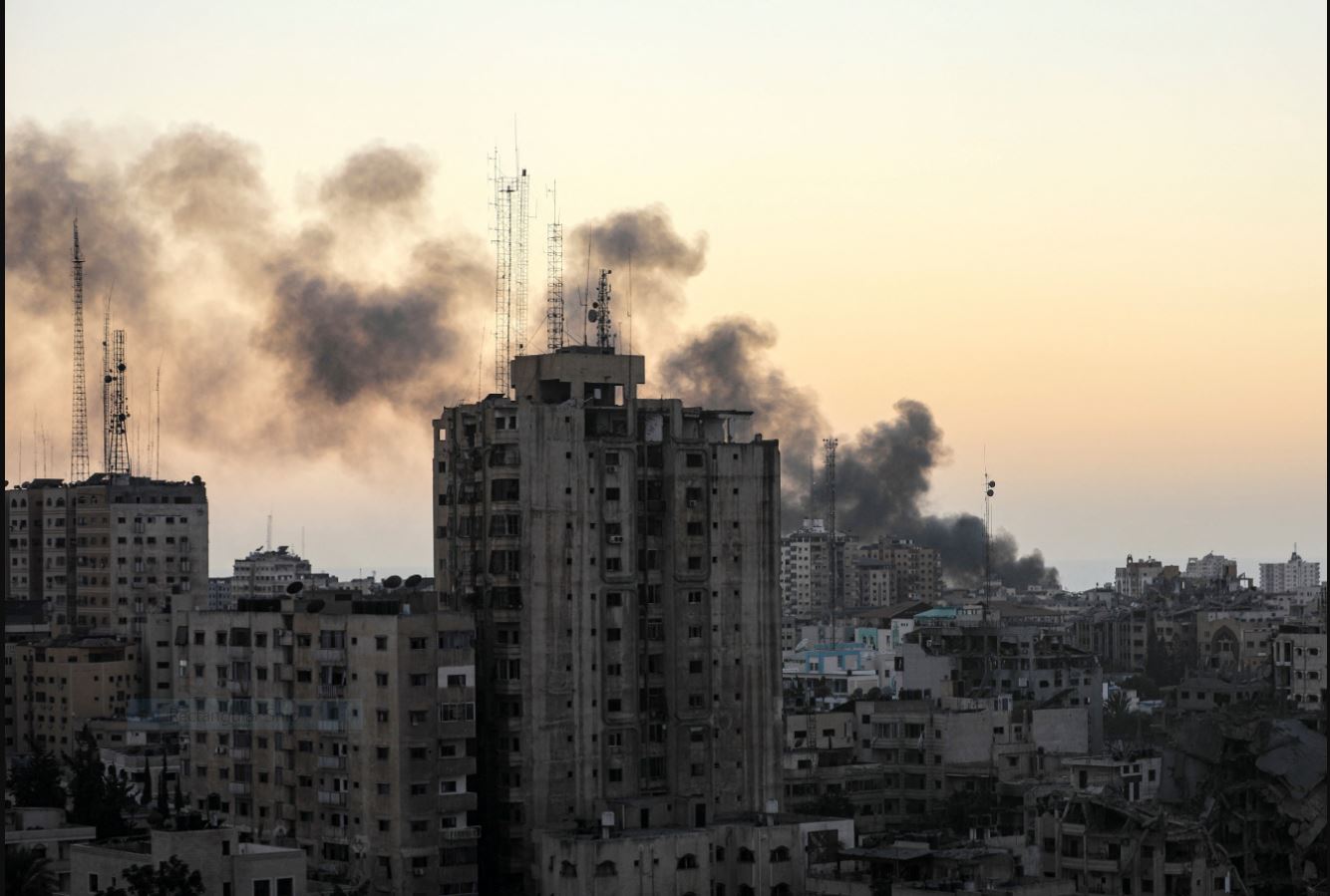Indonesian farmers protest against rising cost of palm oil export ban
Jakarta (Reuters) – Hundreds of Indonesian smallholder farmers staged a protest on Tuesday in the capital Jakarta and in other parts of the country, demanding the government end a palm oil export ban that has slashed their incomes.
Indonesia, the world’s top palm oil exporter, on April 28 halted shipments of crude palm oil and some of its derivative products to control soaring prices of domestic cooking oil, rattling global vegetable oil markets.
However, government efforts to make cooking oil, a household staple for many Indonesian dishes, more affordable have failed, undermining the approval rating of President Joko Widodo and prompting the farmers’ backlash.
“Malaysian farmers are wearing full smiles, Indonesian farmers suffer,” one of the signs held up by protesters read, as they marched next to a truck filled with palm oil fruits.
Rival producer Malaysia aims to fill the market gap opened by Indonesia’s export ban.
In a statement, the smallholder farmers’ group APKASINDO said since the export ban the price of palm fruit had dropped 70% below a floor price set by regional authorities.
Independent farmers are not protected by the floor price, which is fixed through an agreement between mills and large-scale cooperatives.
APKASINDO estimates at least 25% of palm oil mills have stopped buying palm fruit from independent farmers since the ban started, indicating storage tanks are filling up at mills.
Similar protests by farmers were also planned in 22 other provinces, APKASINDO said.
Yuslan Thamrin, a farmer attending the Jakarta rally, said celebrations in his area of Aceh province in Sumatra for the end of Ramadan this month were more muted because of the lost income from the export ban.
“With such poor prices, farmers are hesitating to even harvest,” he said, adding that mills were also not taking in more fruit because storage at ports was full.
Jokowi’s Approval Drops
Another farmer pointed to the dilemma palm oil smallholders face.
“Harvesting the fruit is not profitable, but leaving it rotting would damage the trees,” Bambang Gianto, a farmer in South Sumatra, said by telephone.
Representatives of the protesters met with presidential chief of staff Moeldoko who pledged to convey their demands regarding the ban to the president and said the government would improve governance of palm fruit price rules to ensure farmers get fair prices.
In a statement, he said the export ban was implemented in response to demand for cooking oil “but that doesn’t mean that the president doesn’t protect the interests of oil palm farmers.”
Jokowi, as the president is popularly known, imposed the export ban on palm oil after earlier policies failed to control domestic cooking oil prices, saying that the need for affordable food trumped revenue concerns and the ban would be lifted only after domestic needs were met.
An opinion poll this week showed his approval rating sagged to 58.1% in May, the lowest since December 2015, largely tied to the rising cost of cooking oil.
Yose Rizal Damuri, an executive director at the Center for Strategic and International Studies, said the type of price control policies Indonesia was trying to implement were flawed.
“This is a policy that was taken just to show that the president is doing something,” he said, urging authorities to allow the price to track the market and compensate consumers through other means.
Senior minister Airlangga Hartarto has said the ban would stay in place until bulk cooking oil prices drop to 14,000 rupiah ($0.9563) per litre across Indonesia.
Trade Ministry data showed that as of Friday that bulk cooking oil averaged 17,300 rupiah per litre.


